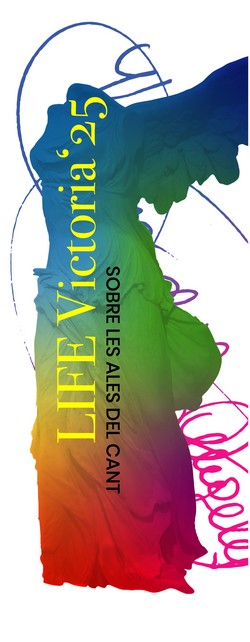- Details
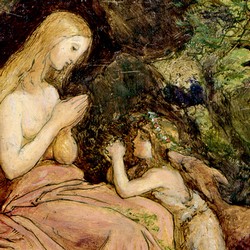
For centuries in Europe, killing unfaithful wives and their lovers was morally and legally accepted; a man's duty was to protect one of his most valuable properties (his children, not his wife). The most famous case in the music world is that of Carlo Gesualdo, an Italian prince who wrote wonderful music. For us, his crime was murdering two people; for his contemporaries, his fault was not killing them, as he was absolutely entitled to, but humiliating wife and lover noble families by leaving their naked and mutilated bodies on public display.
- Details

On the afternoon of January 22nd, 1918, Amics de la Música association presented a concert at the Palau de la Música Catalana in Barcelona with this program: the String Quartet No. 5 in E flat Major, by Karl Ditters von Dittersdorf; L'infantament meravellós de Schahrazada, by Robert Gerhard (premiere) and the String Quartet in F major, Op. 96 by Antonín Dvořák (first audition). The Quartet Renaixement was performing with Eduard Toldrà as the first violin; soprano Conxita Badia and pianist Frederic Longàs.
- Details
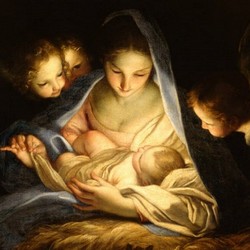
My dearest, the brand-new year just arrived. Happy 2020! I wish you a year filled with peace and music.
Those who read the post the morning it's published are probably among waltzes and polkas and not totally awake; There's a time for everything, so enjoy with the Strauss family; I'm sure you'll find some minutes to enjoy with the beautiful song that is closing the Christmas posts this year.
- Details
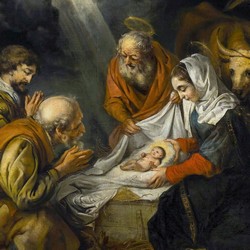
A woman about to give birth and her husband go door to door asking for shelter; eventually, the baby is born in a stable. Today, as many families are knocking on our doors, we should be ashamed of ourselves for the ressemblance to this scene from 2000 years ago. This is not a original or modern reflection; tales like Hans Christian Andersen's The Little Match Girl, to name a well-known one, tells us about our incoherence and our bad memory.
- Details
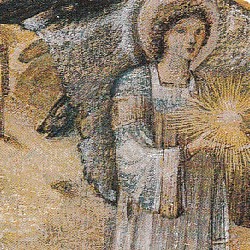
I'm not sure how it’s happened, but Christmas is here. And so, it's also time for three shorter posts with three Christmas songs for today, Christmas Day and New Year's Day. This week, the chosen composer is Charles Ives, that gentleman who used to sell insurances during the day and write music at night. Ives stayed away from the classical music establishment, while being really attached to the ordinary life of American people, and both things reflect in his work; he was a free spirit and his music not only wasn't academic, but also extremely original.



